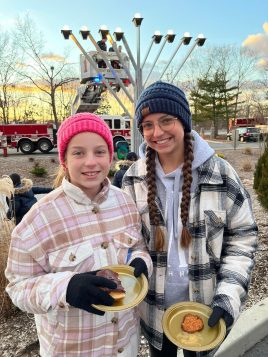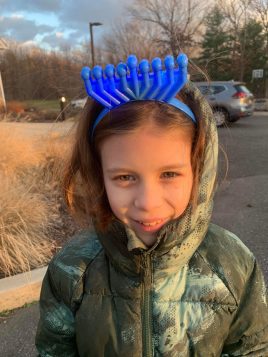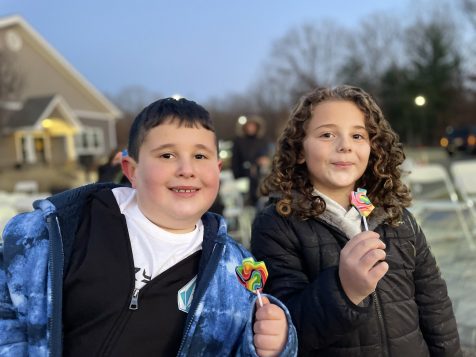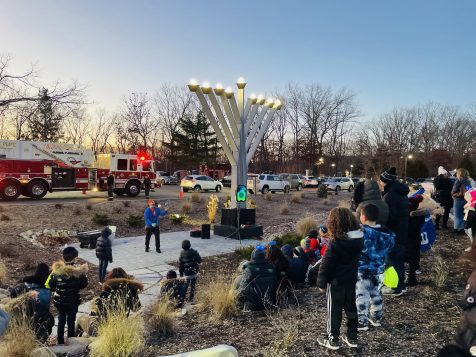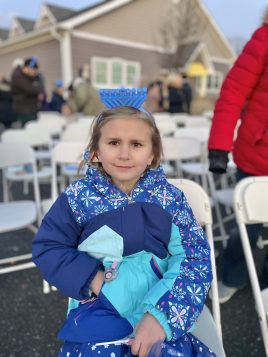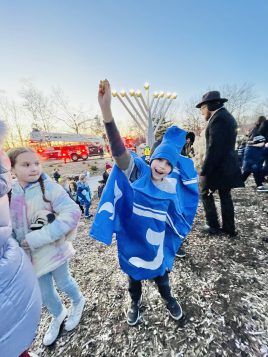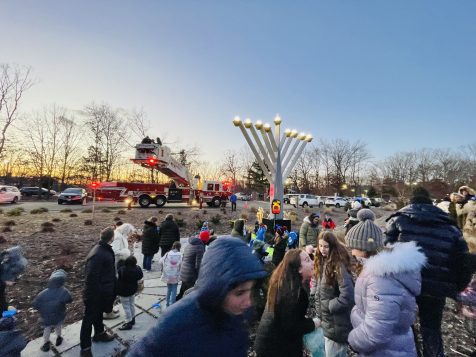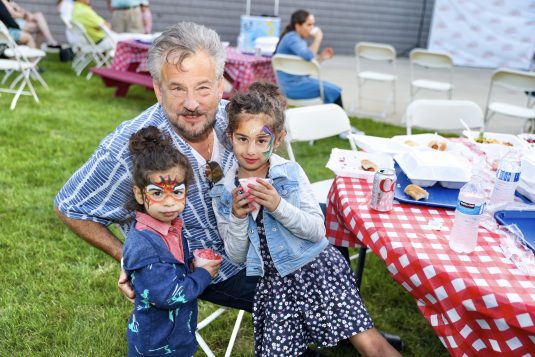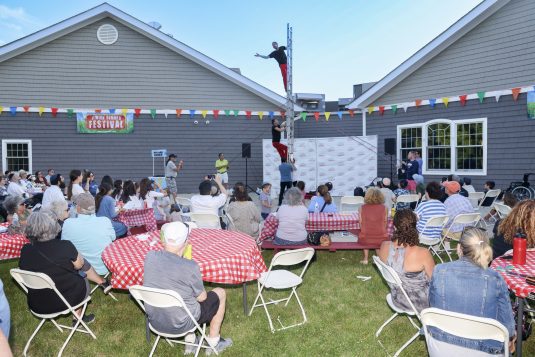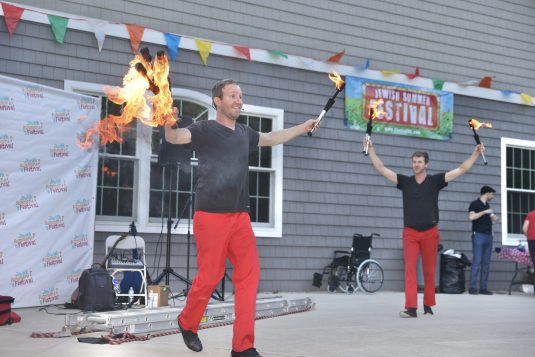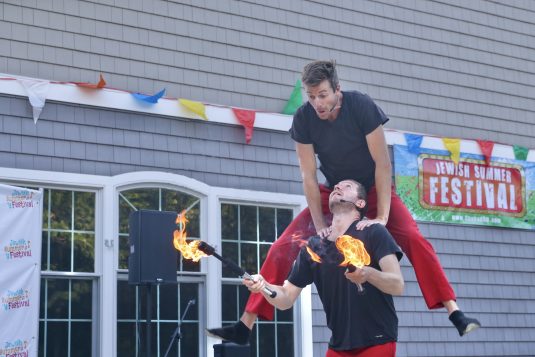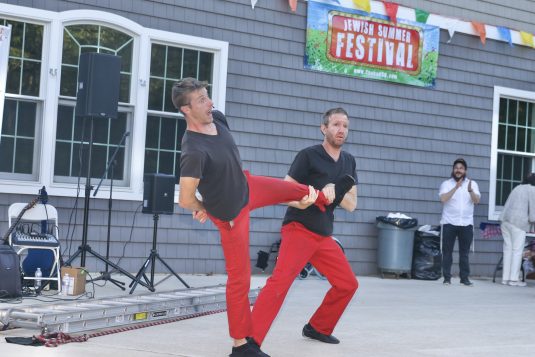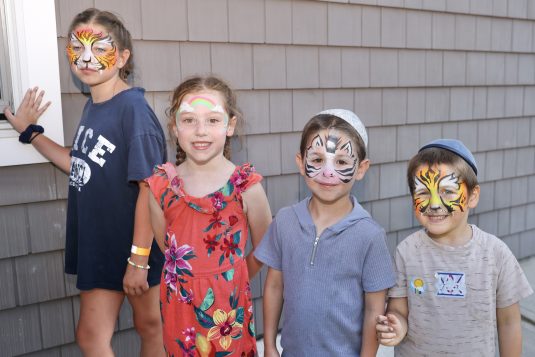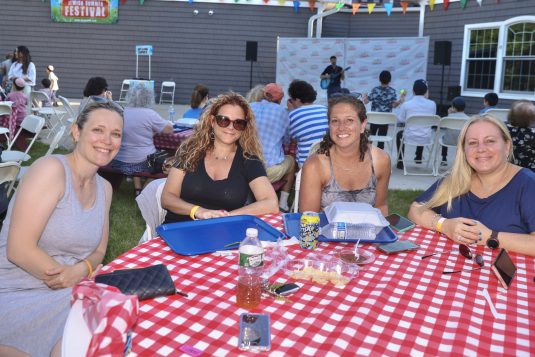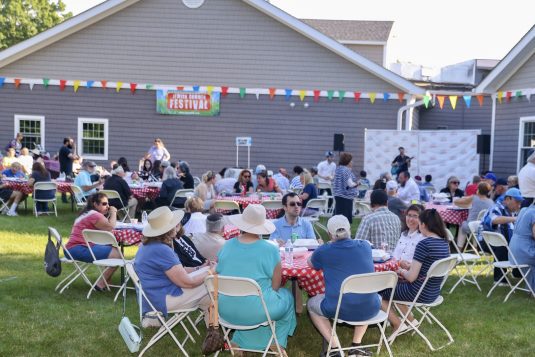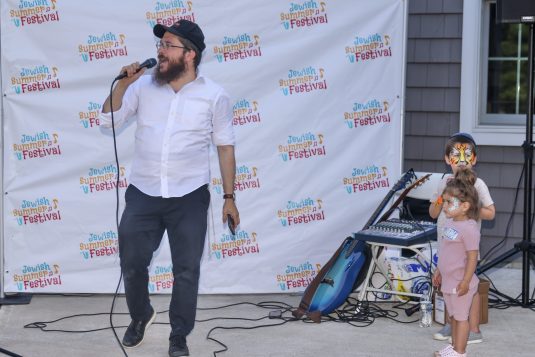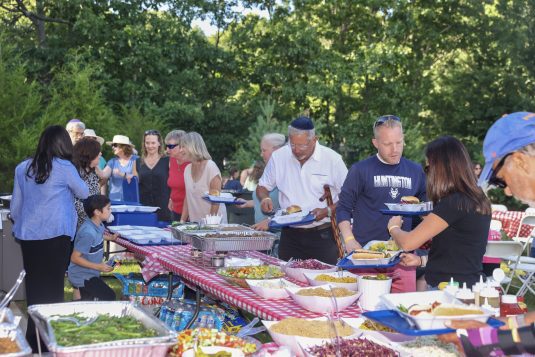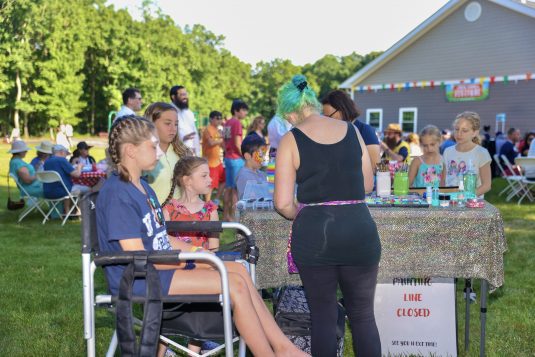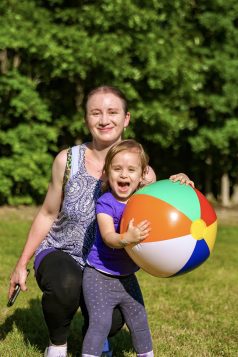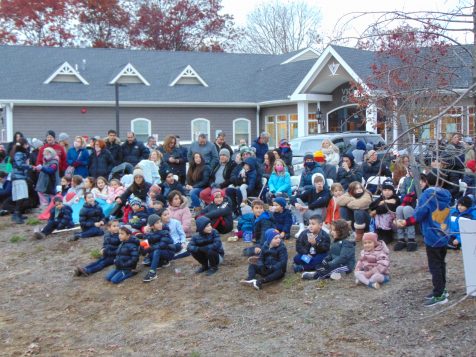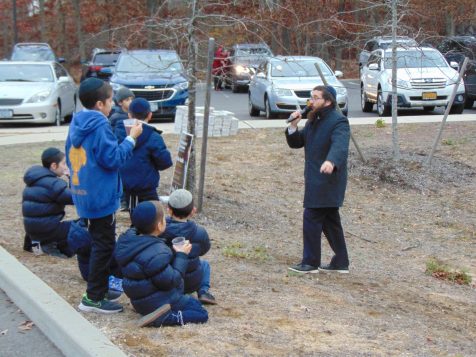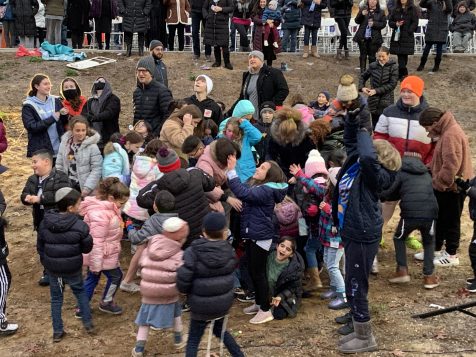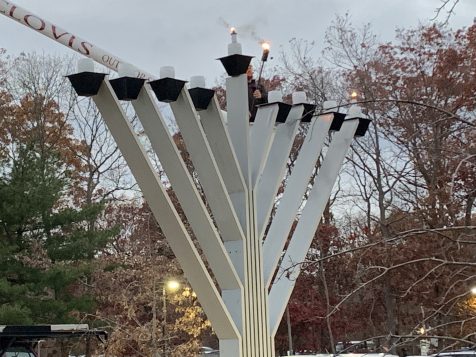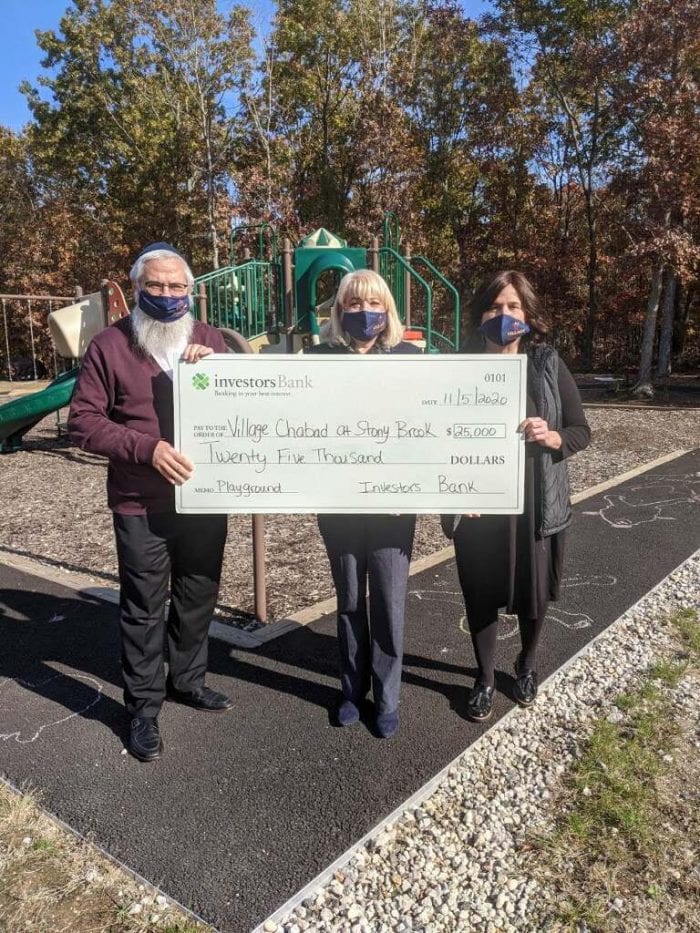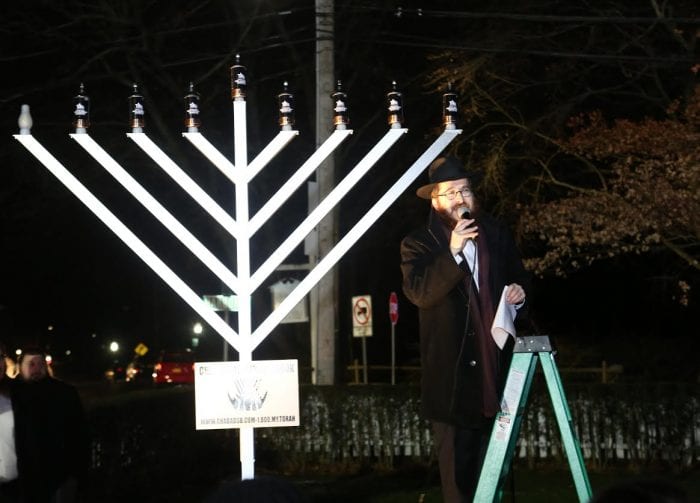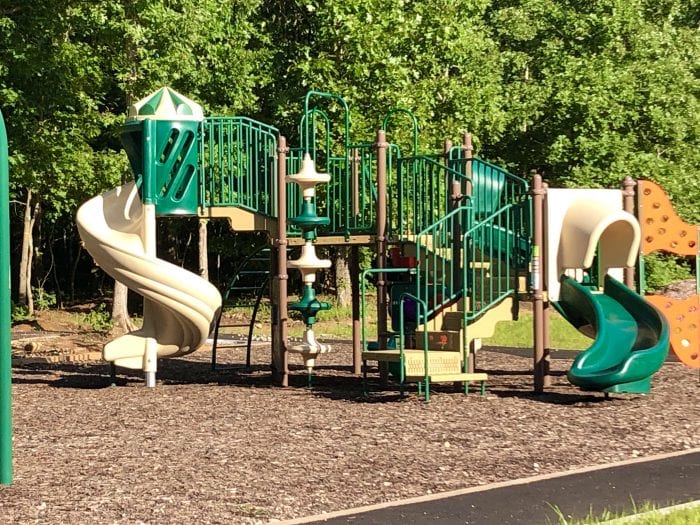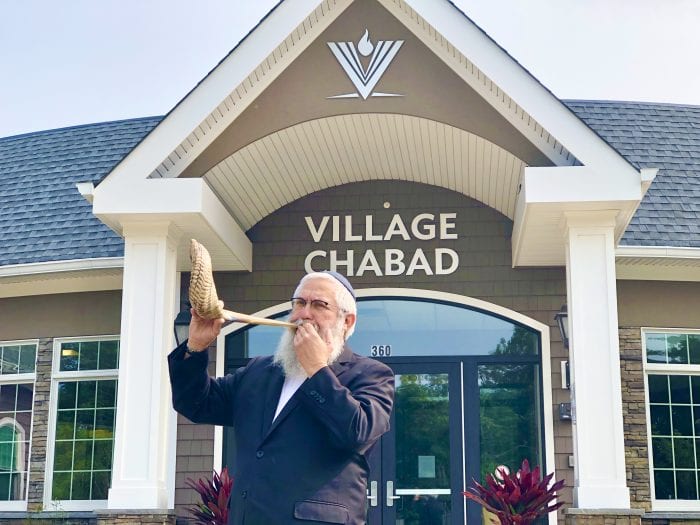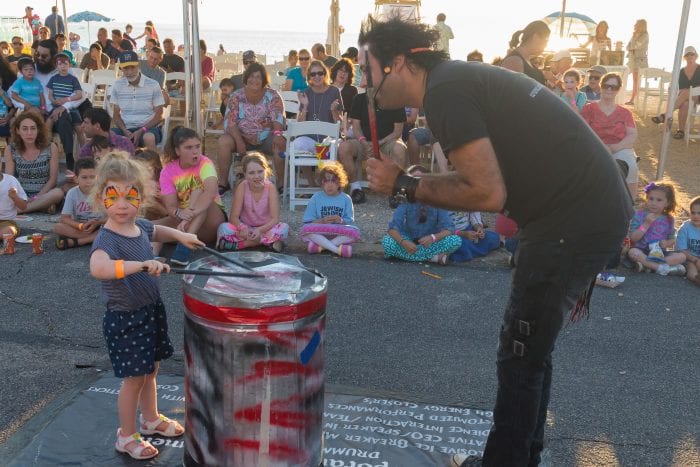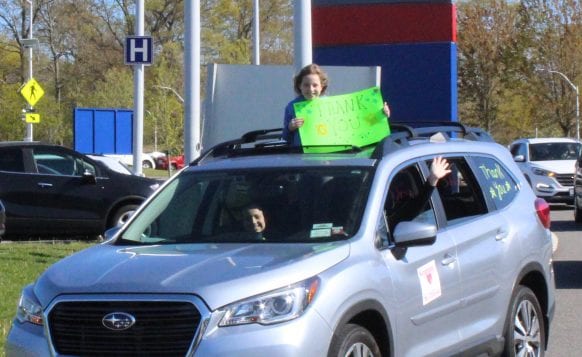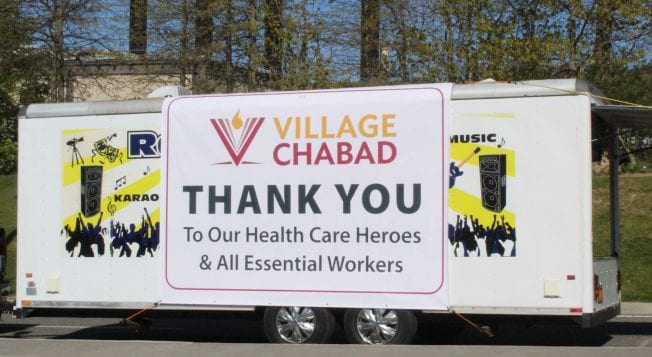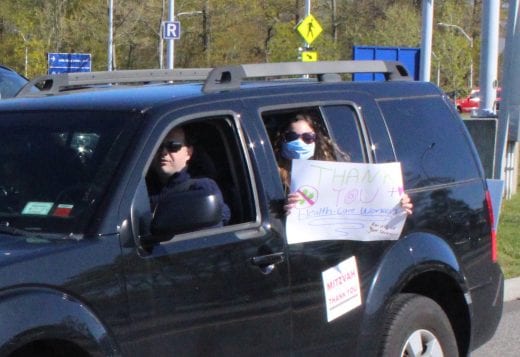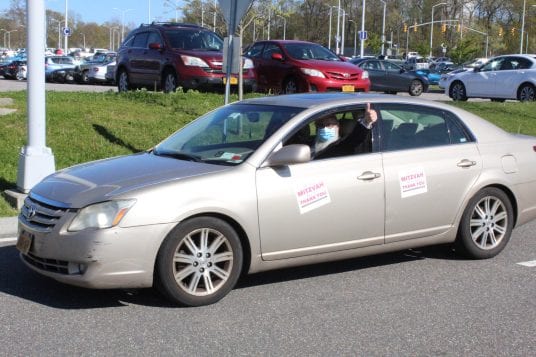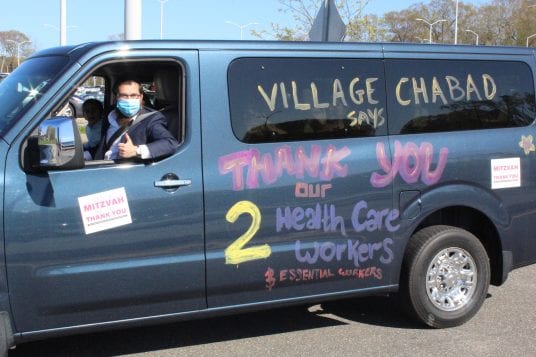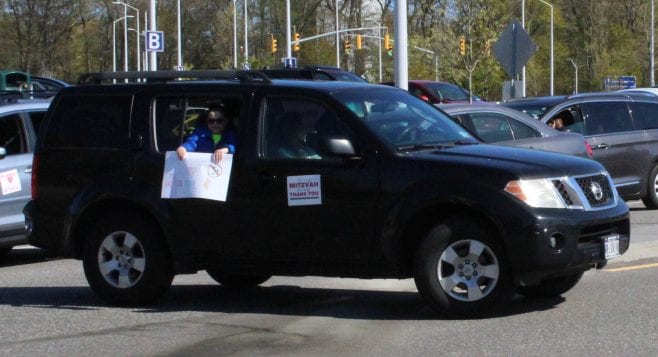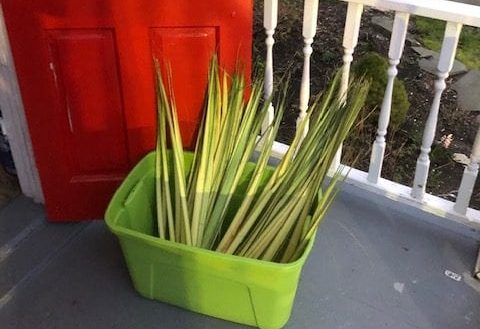Since the middle of March, houses of worship have had to find other ways to stay connected with their congregations during the COVID-19 pandemic. We asked local clergy members how alternative methods have been working and what is on the minds of their congregants.
Setauket United Methodist Church
The Rev. Steven Kim, of Setauket United Methodist Church, is just one pastor who is using modern technology. He said COVID-19 can make connectivity or interaction difficult.
“A church is not an exception,” he said. “Since the pandemic broke out, our ministry has been focused on helping the parishioners feel connected with their church family. Technology is a key player in pursuing this goal. It has enabled us to continue worshiping, keep meetings, continue our bible study and have prayer gatherings all online.”
Kim said the church is also trying to serve the community through prayer and other supportive ways. Church members have sent encouragement cards to medical crews, first responders and police officers in the community and delivered pizza to the medical crew at the intensive care unit at Stony Brook University Hospital.
“The current crisis challenges us to deepen our understanding of a faith community which is rooted in our society,” Kim said.
Setauket Presbyterian Church
The Rev. Kate Jones Calone, interim pastor at Setauket Church, said the congregation at Setauket Presbyterian Church reflected on the theme of “wilderness” during the season of Lent.
“After the impact of the coronavirus became more real for us locally, our wrestling as a faith community with what it means to be in the “wilderness” obviously took on new meaning,” Jones Calone said. “We’ve been contemplating questions like: how do the various stories involving wilderness in scripture guide and challenge and sustain us during this time? Where are God and grace present in the wilderness? What does our church/community/world look like on the other side of a wilderness experience?”
Jones Calone said the experience reminds them that “the church is not a building but a community of people who share deep connection through their faith in a God of love.” Church members love one another and their neighbors by staying home, worshipping and meeting virtually, and comforting those who are sick, hurting, grieving and serving. The congregation also created an Emergency Assistance Fund to help those in need.
“This crisis has further exposed deep societal inequities around economic disparity, poverty, race and health care, and makes systemic transformation even more urgent,” she said.
All Souls Episcopal Church, Stony Brook
Daniel Kerr, a senior warden with All Souls Episcopal Church in Stony Brook, has been leading Sunday morning virtual prayers at 8 and 9:30 a.m. on the church’s website. He said All Souls also held virtual Good Friday, Easter Vigils and Easter morning services. The live, interactive, virtual services have featured the few who can participate taking turns reading from the scripture and leading the prayers.
“Believe it or not, we have had more folks attending the virtual services than we normally get on Sundays in ‘normal times,’” Kerr said.
He added that many who usually attend the church’s concerts, poetry readings and Shamanic Drumming events have also been tuning in to the virtual services, as well as people from New Hampshire, Florida and the Carolinas.
On Palm Sunday, he said the palms normally distributed at the Mass were left on the church’s porch with a sign encouraging people to take them. Kerr said all of the palms were taken by the following Tuesday morning.
Kerr added that at the end of the services, participants are asked to share their reflections on how they are doing during this time.
“Quite often they say these services have helped them feel connected to the extended All Souls community and less isolated and alone in their homes during social distancing,” Kerr said.
Unitarian Universalist Fellowship at Stony Brook
Linda Anderson, a minister affiliated with the Unitarian Universalist Fellowship at Stony Brook, who also works with the South Nassau Unitarian Universalist congregation, said during this time she has needed to find new ways to serve congregants. In addition to calling, texting and sending emails to members, worship services as well as other meetings have been made available online.
Anderson said many have lost people in their lives, or fear they will, and have thought about their own deaths.
“I hear the sadness that death brings,” she said. “The stress of grief affects our bodies in that we might feel more tired, have chest pains, upset stomachs, headaches. The stress of grief can make it hard for us to focus or make decisions. Our emotions can be all over the place, ranging from numbness to anger, from sorrow to relief.”
For those who fear their own deaths, she said it’s important to talk about their lives such as what they are proud of, what regrets they may have, what they think their legacy is and more.
“It is a relief for folks to talk about these things out loud because they sure are thinking about them,” she said.
She said while the past holiday season had its challenges, the biblical story she found to be most relevant to congregants was that of the Israelites wandering in the desert.
“It feels like we too wander in the desert of COVID-19, uncertain of what will come next but holding onto a faith that we will indeed emerge from this,” Anderson said.
Trinity Lutheran Church, Rocky Point
The Rev. Peter Boehringer of Trinity Lutheran Church said the house of worship has used various online platforms for Sunday school, confirmation classes, First Communion, committee meetings and more. The church’s worship services are recorded and broadcasted on Facebook and YouTube.
He said the congregants see “the virus as something that falls within the realm of our interaction with nature.”
“Where we see God working is in the incredible compassion, empathy and commitment of people who have responded to the great challenges of this contagion with love,” he said. “If one takes the Easter message seriously, the idea that God is somehow punishing us, or the world, is negated. Our Lord does not promise that we will never be ill, or escape all disaster, etc., what is promised is the presence of the Holy Spirit in these things, that we may endure them and be a blessing to those around us.”
Village Chabad, East Setauket
Rabbit Motti Grossbaum said celebrating Passover this week was different than in the past.
“The question we ask at our Seder tables, ‘Why is this night different than all other nights?’ is ringing especially true at the present time,” he said. “We are doing our best to help the local community observe the holiday to the best degree possible as there is no reason we should Passover, Passover. Unfortunately as a Jewish people, we have been through challenges in our history, and the dedication that our ancestors had to our traditions and our heritage serves an inspiration to us during these challenging times to observe our faith despite the challenges. And when we do, we see that our connection to God and our faith gives us the hope we need to carry us through.”
Like other houses of worship, Village Chabad is using technology for services, education and counseling to members of all ages. Due to the pandemic, the rabbis have had to use technology to visit the sick and help families grieve virtually.
The rabbi had some words of hope.
“While we cannot attempt to explain the reasoning for suffering and for COVID-19, we could attempt to find glimmers of hope and lessons of inspiration from our current world,” he said. “One obvious one is this. The world at large is currently united with one single focus. Crossing geographic divides, languages, cultures, races and even political differences, the world is currently united with one singular concern, goal and prayer. We are seeing how we are all responsible for each other and only together, will we bring an end to this. This is reminding us to set aside our differences and find the common humanity in every single human being on our planet. Every one of us are intrinsically good and together we will also reveal the intrinsic goodness of our world.”

